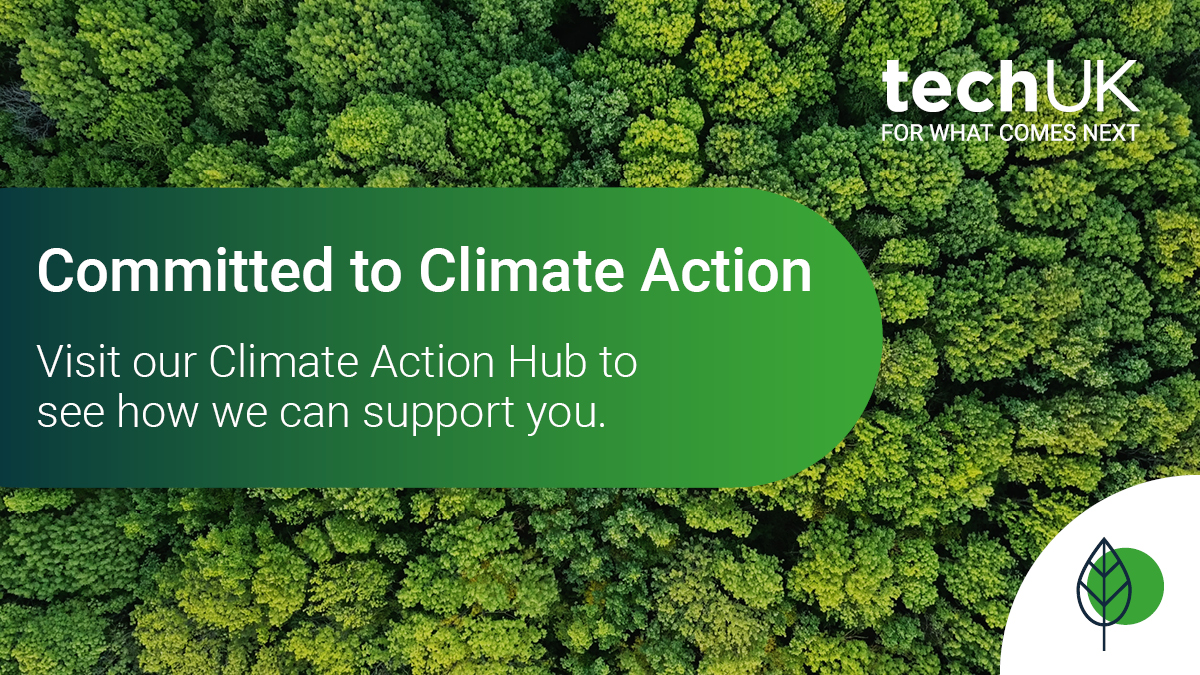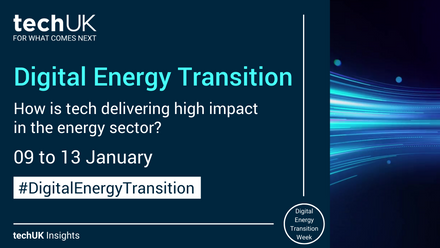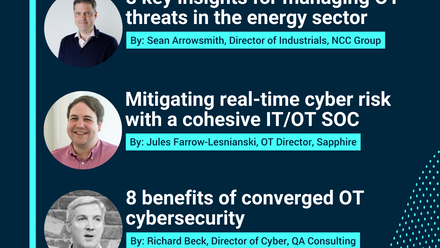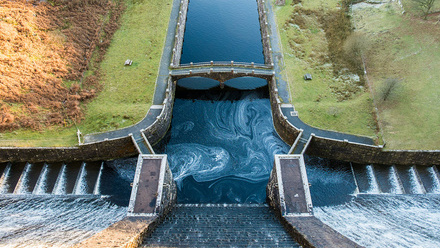Tackling net zero one watt at a time (Guest blog from Informetis Europe Ltd)
There are very few market sectors where the supplier of a product/service wants their customers to consume less; the government incentivises the supplier to supply less into the market and, most important of all, the planet benefits if both the supplier and the customer get what they want. The market sector in question is energy, which every one of us interacts with daily both in our personal and professional lives.
However, despite the incentives, very few of us have managed to reduce our energy consumption. So, why is it that to date there has been little progress in reducing average energy consumption either by businesses or consumers?
Most energy bills are almost impossible for the average user to fully understand, let alone act upon. However, the recent significant price increases in both domestic and business energy prices are beginning to change this behaviour. The most common means of achieving this reduction in energy consumption tends to be a somewhat crude method of just “using less”.
We believe there is another way. This is by using less energy in a smarter way. Our mission is to help consumers and businesses to consume less energy, thereby reducing their bills and, as a result, improve the health of our planet.
We have developed simple solutions, based on AI and Machine Learning, which inform customers of either “time shifting” their energy loads and/or reducing “wasted energy”. A couple of brief examples will hopefully bring this to life.
By installing a single smart sensor inside the fuse box and using machine learning techniques (such as Non-Intrusive Load Monitoring (NILM)), you can identify the status and power consumption of key appliances in real time. For example, when a Washing Machine or Dishwasher is being used and how much energy is being consumed. We can then advice the customer about “time shifting” these loads to a cheaper tariff period (eg. Overnight or Weekends) and inform them of how much money they could potentially save.
In the business world, we can monitor the usage of office energy consumption on an hourly basis and advice customers of energy usage (eg. Lights being left on, Devices left on standby) when no one is in the office. By providing the business with clear visibility of their “wasted energy”, they can act either in a manual or automated fashion.
Government figures suggest that there are around 5.5 million small businesses in the UK. If we can help reduce just 1 kWh per day, that would add up to a reduction of around 365 kWh per year. If we assume that only 1% of the 5.5 million managed to achieve this target, the total savings per year would equate to around £5M and a reduction in CO2 emissions of nearly 5000 Metric tonnes.
Smart energy reduction, made possible by AI, can help tackle our Net Zero targets, one Watt at a time.
Jay Chinnadorai, Senior Board Advisor at Informetis Europe Ltd
techUK - Committed to Climate Action
techUK provides opportunities for members to showcase climate tech innovation. Members are invited to speak at events, contribute to reports, write blogs, run webinars, and take part in podcasts that support their environmental action. We strive to amplify the sector’s commitment to sustainability. To discuss how we can support you, please visit our Climate Action Hub and click ‘contact us’.







